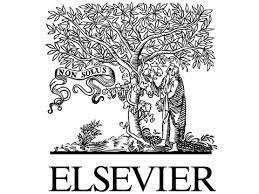Employee Resistance to Change and Workplace Incivility as Predictors of Job Crafting Among Workers in Expand Global Industry
DOI:
https://doi.org/10.3390/471zvy09Abstract
This study examines the influence of employee resistance to change and workplace incivility on job crafting among workers at Expand Global Industries Limited in Oyo State, Nigeria. Job crafting, defined as proactive modifications employees make to their tasks, relationships, or cognitive perceptions of work, is increasingly recognized as a vital strategy for enhancing job satisfaction, engagement, and performance. However, contextual factors such as resistance to change and workplace incivility may hinder employees' ability to engage in job crafting behaviors.
Guided by the Job Demands-Resources (JD-R) Model, Social Exchange Theory, and Conservation of Resources (COR) Theory, this research employs a quantitative cross-sectional design with a sample of 353 workers selected via convenience sampling. Standardized instruments, including the Job Crafting Questionnaire, Workplace Incivility Scale, and Openness Toward Organizational Change Scale, were used to collect data. Pearson correlation, regression analysis, and independent t-tests were applied to analyze the data.
The findings reveal that both employee resistance to change (β = -0.37, p < 0.01) and workplace incivility (β = -0.31, p < 0.01) significantly and negatively predict job crafting. Together, these factors account for 17.7% of the variance in job crafting behaviors (R² = 0.177, p < 0.001). No significant gender differences in job crafting were observed (t = -1.23, p > 0.05). The results align with theoretical frameworks, suggesting that resistance and incivility deplete psychological resources and disrupt social exchange relationships, thereby reducing proactive job adjustments.
Recommendations include transparent communication during organizational changes, civility training programs, and leadership initiatives to empower employees. These interventions can enhance resilience, engagement, and organizational adaptability, particularly in dynamic and challenging work settings.









